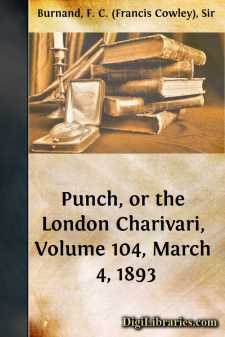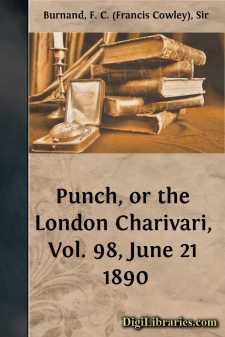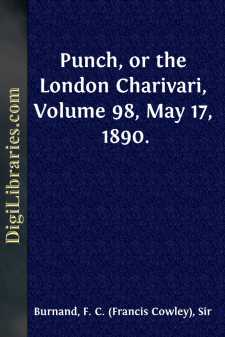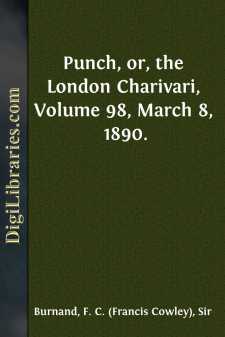Categories
- Antiques & Collectibles 13
- Architecture 36
- Art 48
- Bibles 22
- Biography & Autobiography 815
- Body, Mind & Spirit 144
- Business & Economics 28
- Children's Books 18
- Children's Fiction 14
- Computers 4
- Cooking 94
- Crafts & Hobbies 4
- Drama 346
- Education 58
- Family & Relationships 59
- Fiction 11835
- Games 19
- Gardening 17
- Health & Fitness 34
- History 1378
- House & Home 1
- Humor 147
- Juvenile Fiction 1873
- Juvenile Nonfiction 202
- Language Arts & Disciplines 89
- Law 16
- Literary Collections 686
- Literary Criticism 179
- Mathematics 13
- Medical 41
- Music 40
- Nature 180
- Non-Classifiable 1768
- Performing Arts 7
- Periodicals 1453
- Philosophy 65
- Photography 2
- Poetry 896
- Political Science 203
- Psychology 44
- Reference 154
- Religion 515
- Science 126
- Self-Help 85
- Social Science 83
- Sports & Recreation 34
- Study Aids 3
- Technology & Engineering 60
- Transportation 23
- Travel 463
- True Crime 29
Our website is made possible by displaying online advertisements to our visitors.
Please consider supporting us by disabling your ad blocker.
Punch, or the London Charivari, Volume 104, March 4, 1893
Categories:
Description:
Excerpt
A BALLAD OF WEALTHY WOOING.
Ah, why, my Love, receive me
With such tip-tilted scorn?
Self-love can scarce retrieve me
From obloquy forlorn;
'Twas not my fault, believe me,
That wealthy I was born.
Of Nature's gifts invidious
I'd choose I know not which;
One might as well be hideous
As shunn'd because he's rich.
O Love, if thou art bitter,
Then death must pleasant be;
I know not which is fitter,
Not I—(or is't "not me"?)
'Tis not that thou abhorrest,
Oh, maid of dainty mould!
The foison of the florist,
The goldsmith's craft of gold;
Nor less than others storest
Rare pelts by furriers sold;
But knowing I adore thee,
And deem all graces thine,
My choicest offerings bore
Just because they are mine.
Then, smile not, dear deceiver,
Keep no kind word for me,
Enough that the receiver
Is thou—(or is it "thee"?)
When others come, how trimly
Thou sett'st thy chatty sail!
For me alone all dimly
Seemeth the sun to fail.
Young Frank he frowneth grimly,
And thou turn'st haughty pale.
'Tis not the taint of "City,"
For here be scores who sport
Their Mayfair manners pretty
In Cop-the-Needle Court.
Ah, chill me not so coolly,
A Crœsus though I be—
The one who loveth truly
I swear is I—(or "me"?)
But what availeth grammar
As taught in straitest schools—
The hammer of the Crammer
Forging Bellona's tools—
Or words that humbly stammer
Regardless of the rules?
And what availeth fretting,
Deep sighs, and dwindling waist,
And what the sad forgetting
Of culinary taste,
Since still thou fondly spurnest
Five hundred thou. (or "thee."?)
And on young Stoney turnest
Love's eye—(or is it "me"?)
Sad Conclusion.—To be virtuous for virtue's sake, without prospect of reward, this is to be good for nothing!
BYE-ELECTION-OLOGY.
Gladys. "Listen, Sibyl. Papa has won a Great Moral Victory——What does a Moral Victory mean exactly?"
Sibyl (who has had more experience). "Oh, it means—well, that we are to be the Victims of Political Economy, and not go to London, after all!"
"I do not wish to make a joke," Mr. Inderwick, Q.C., is reported to have observed in the course of examining the plaintiff in a divorce case, but, in spite of this pathetic announcement, which passed without any comment from the Judge, the ruling passion was too strong for him, and he continued, "but Artists' models are not always models of virtue, are they?" Not new, not by any means new, of course, but he had apologised beforehand, and he couldn't help it; as the weak heroine, who yields to strong temptation in a French novel or play, usually acknowledges "C'était plus fort que moi." The inflammable materials being in close contact, there was nothing to 'inder-wick from catching fire when in proximity to a spark of genius. Yet so powerfully had the eminent Queen's Counsel's prefatial apology affected the court and the audience, that his saucy sally—(for there is life in the old sally yet, whether in our alley or in this Court)—was not followed by the usually reported "laughter." How was it received?...












